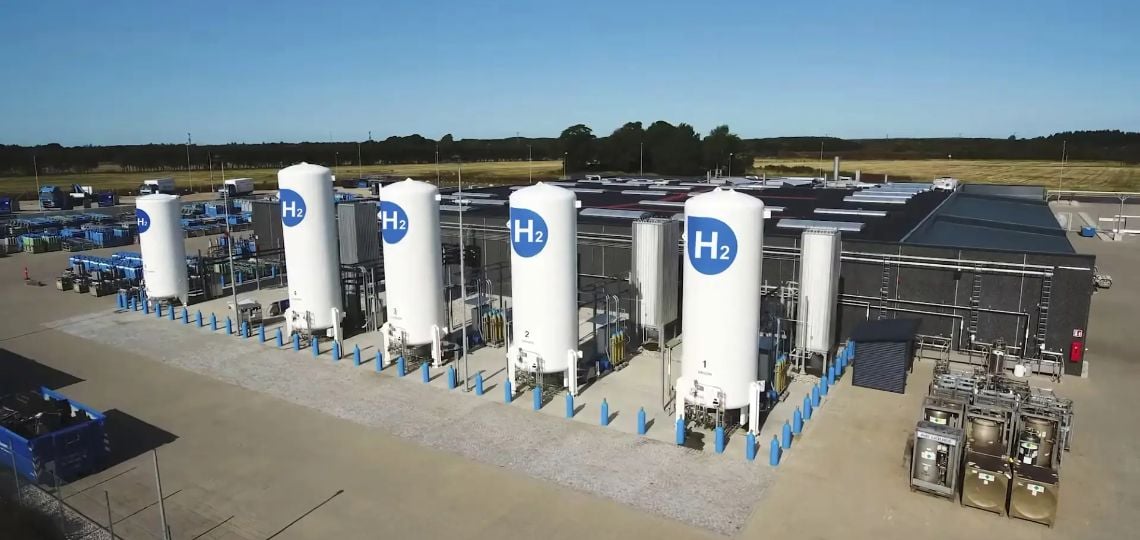Norway's Bold Move: Funding Hydrogen Projects for Maritime Decarbonization
Key Ideas
- Norwegian government invests EUR 65 million in five hydrogen production projects to reduce maritime emissions and inspire European clean energy initiatives.
- The projects aim to establish a 100 MW capacity, creating around 40 tonnes of hydrogen per day, supporting economic growth and job creation in coastal regions.
- Norway's strategic focus on hydrogen aligns with its climate goals under the Paris Agreement, positioning the country as a leader in the European hydrogen economy.
- Despite challenges like high production costs and limited infrastructure, Norway's commitment to hydrogen as a clean fuel source showcases its dedication to sustainable development.
The Norwegian government, through Enova SF, has committed EUR 65 million to support five hydrogen production projects aimed at reducing emissions in the maritime sector and developing a hydrogen value chain. These projects, part of the 'Hydrogen Production for Maritime Transport 2027' initiative, target a production capacity of 100 megawatts, generating 40 tonnes of hydrogen daily. By strategically distributing projects along the coast, Norway aims to ensure widespread access to hydrogen. The Enova-funded projects, partnering with various organizations, are set to boost the local economy through job creation and private investment.
Norway's push for hydrogen aligns with its climate goals and the Paris Agreement. The maritime industry, a significant emitter, plays a crucial role in this decarbonization strategy. Transitioning to hydrogen fuel is essential for reducing carbon footprints in maritime activities. Tore O. Sandvik, Norway's Environment Minister, commended the initiatives, highlighting their potential to inspire other European nations.
In addition to environmental benefits, the hydrogen projects aim to stimulate economic growth. Norway's strategic investment positions it as a key player in the European hydrogen market, offering clean fuel options in line with EU decarbonization goals. While these developments are positive, challenges such as high production costs and infrastructure limitations persist. The government's substantial funding and focus on regulatory frameworks demonstrate a commitment to overcoming these obstacles and leading the way in sustainable energy solutions.
Topics
Projects
Energy Transition
Maritime Sector
Economic Development
Environmental Sustainability
European Market
EU Partnership
Latest News
